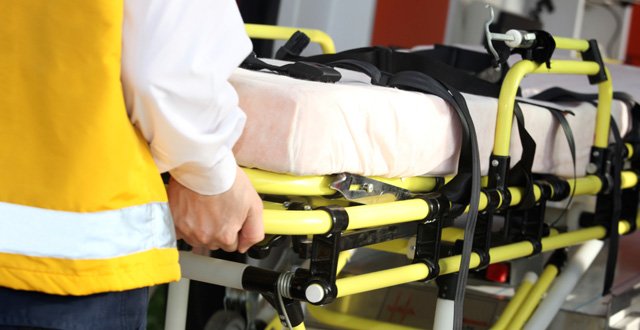The failure to address capacity problems continues to cause severe pressure on emergency departments (EDs), according to the Irish Association of Emergency Doctors (IAEM).
In a statement, the IAEM said that over the past year the HSE has demonstrated it is capable of “enormous effort to set up new services and bring them to a high level of performance”.
The IAEM cited the Covid-19 testing infrastructure and vaccination programmes as examples of this innovation.
“It is regrettable therefore that the perennial problem of inadequate acute bed capacity hasn’t been addressed with the same focus, commitment and determination,” according to the Association.
“This is particularly regrettable as the very negative impact of inadequate bed capacity and its downstream effects of large numbers of patients lodged in EDs awaiting a bed (so called ‘inpatient boarders’), with its consequent negative impact on patients, including an increased mortality rate for given conditions and a risk of transmission of infectious disease, has been known for so long”
The IAEM referred to HIQA’s recent overview report of its monitoring of healthcare services in 2020, which highlighted the failure to address bed capacity and poor infrastructure.
“The very public focus of the HSE of late has been to concentrate almost exclusively on the undoubted successes of the Covid-19 vaccination programme to the exclusion of any commentary on or attempt to address the underlying systemic issues that HIQA has again reminded us about,” according to the Association.
“EDs, and the doctors, nurses and wider team who staff these units, cannot continue to be under unrelenting pressure because of a persistent failure of the HSE, Department of Health and Ireland’s political leadership to address systemic problems which have been identified for over a decade. The concern for all of us should be that the problems in the health service which have long remained unaddressed will still be there after the Covid-19 pandemic fades from memory. While many will ask why there hasn’t been any real attempt to properly address these issues in real time, as opposed to aspirations for the future, their very negative impact on the health of the population and ED staff will continue to be felt.”













Leave a Reply
You must be logged in to post a comment.